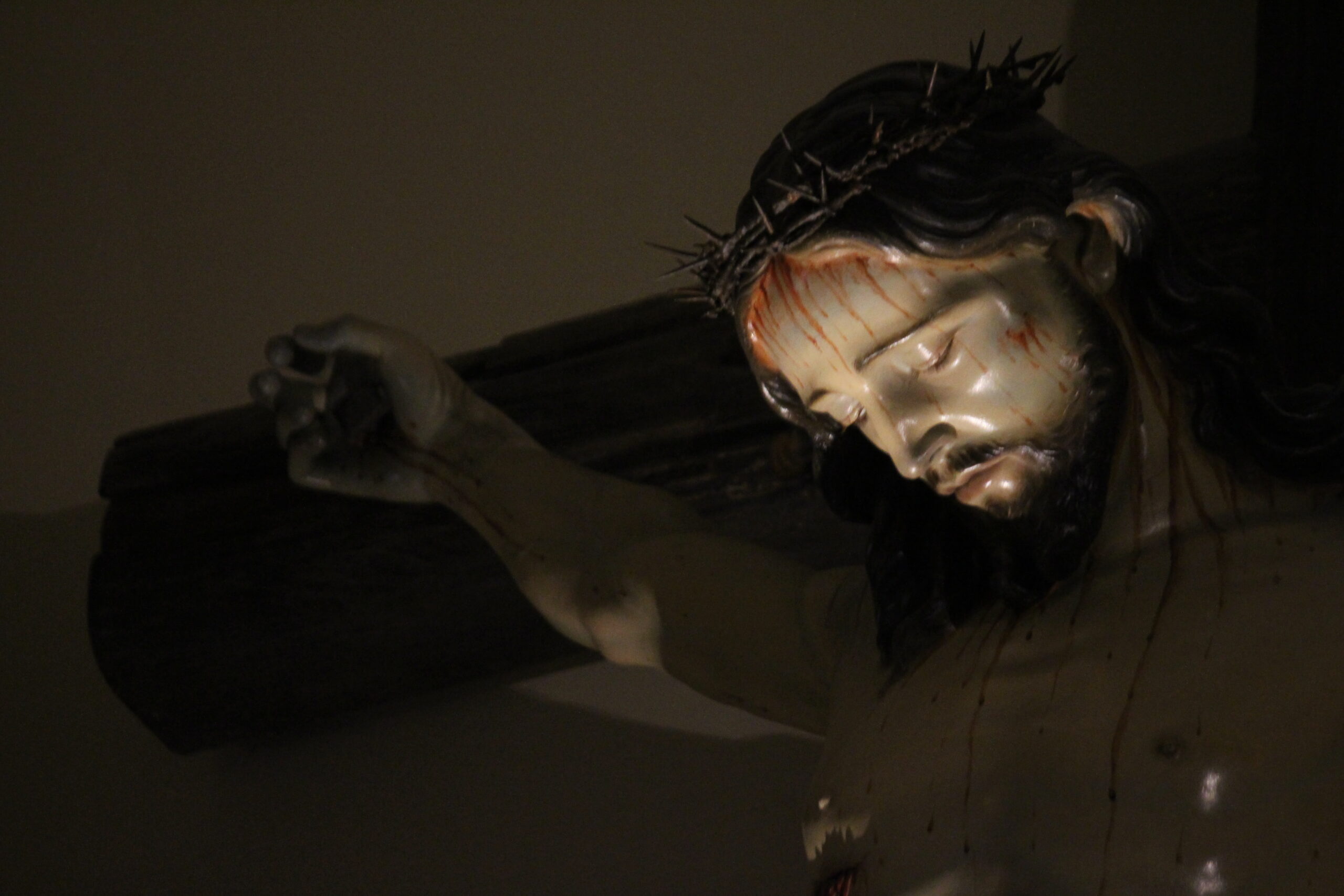Reaching out in faith: Weekly Friday sacrifices: You mean they never went away?
Q: While answering a question about vegetarians and vegans during Lent, you mentioned the requirement for continuing a penance on Fridays, even if not abstaining from meat. Can you explain why? My understanding is that our penance helps us remember Good Friday every week, to draw us closer to our Lord.
A: Our obligation to do some form of penance on Friday is identified in Canon 1250 in the Code of Canon Law, which tells us that “The penitential days and times in the universal church are every Friday of the whole year and the season of Lent.” The preceding Canon 1249 gives us a definition of “penitential days” as days “on which the Christian faithful devote themselves in a special way to prayer, perform works of piety and charity, and deny themselves by fulfilling their own obligations more faithfully and especially by observing fast and abstinence.” And as Canon 1249 puts it, the faithful have special days of penance “in order for all to be united among themselves by some common observance.”
You are correct that Fridays have a penitential character because of Good Friday. Because Friday is the day on which Jesus offered his life for us on the cross, every Friday is an especially suitable time to draw closer to the mystery of his passion and death. By practicing self-denial in spiritually healthy and appropriate ways — whether that be giving a favorite food, or sharing our resources with the needy, or taking time out of our daily lives for prayer — we recall and imitate Jesus’ own self-denial in how he “emptied himself, taking the form of a slave,” and “humbled himself, becoming obedient to death, even death on a cross” (Phil 2:7-8).
Traditionally, a penitential self-denial (often referred to as “mortification” in many classic older works of spirituality) was also understood as an aid to personal growth in holiness. We all know that muscles grow stronger through exercise. In a similar way, a habit of making small sacrifices when the stakes are relatively low can prepare us to choose the right thing in more serious situations. In other words, those who are spiritually “in shape” through the spiritual training of regular penances and the practice of self-denial are spiritually stronger and thus better able to resist temptations as they arise.
In terms of specifics, canon law further tells us that: “Abstinence from meat, or from some other food as determined by the Episcopal Conference, is to be observed on all Fridays, unless a solemnity should fall on a Friday” (1251), and that local bishops’ conferences also have the power to “determine more precisely the observance of fast and abstinence as well as substitute other forms of penance, especially works of charity and exercises of piety, in whole or in part, for abstinence and fast.”
Here in the United States, in 1966 our own bishop’s conference issued a “Pastoral Statement on Penance and Abstinence,” which reiterated the requirement for Catholics in the United States to abstain from meat on Fridays during Lent. But this same document — noting that “changing circumstances, including economic, dietary and social elements, have made some of our people feel that the renunciation of the eating of meat is not always and for everyone the most effective means of practicing penance” — formally permitted Catholics to “substitute other penitential observances” on non-Lenten Fridays. It is worth noting, though, that the document did urge Catholics to freely choose to continue the tradition of year-round Friday abstinence from meat, even though less strictly required.
This column was written by Jenna Marie Cooper, who holds a licentiate in canon law, is a consecrated virgin, and a canonist whose column appears weekly at OSV News. Send your questions to CatholicQA@osv.com.



